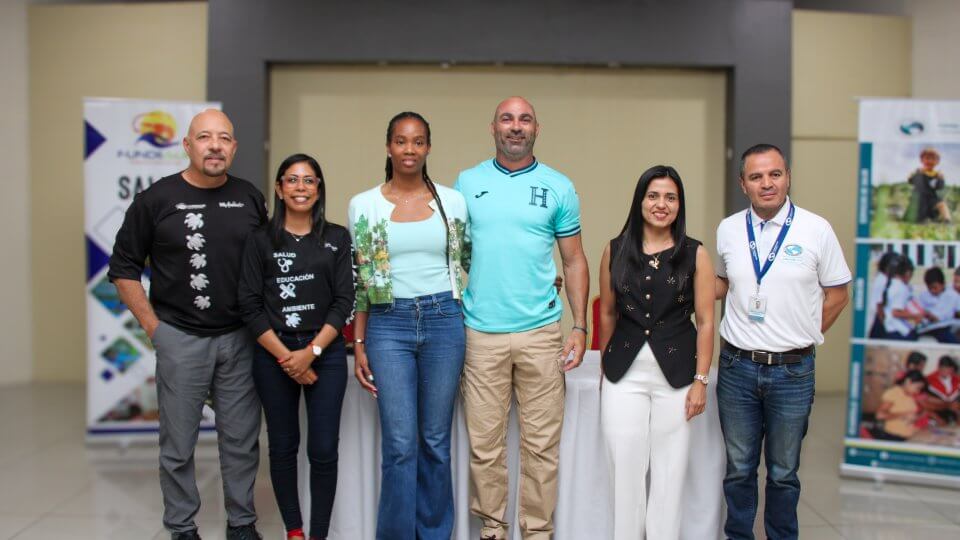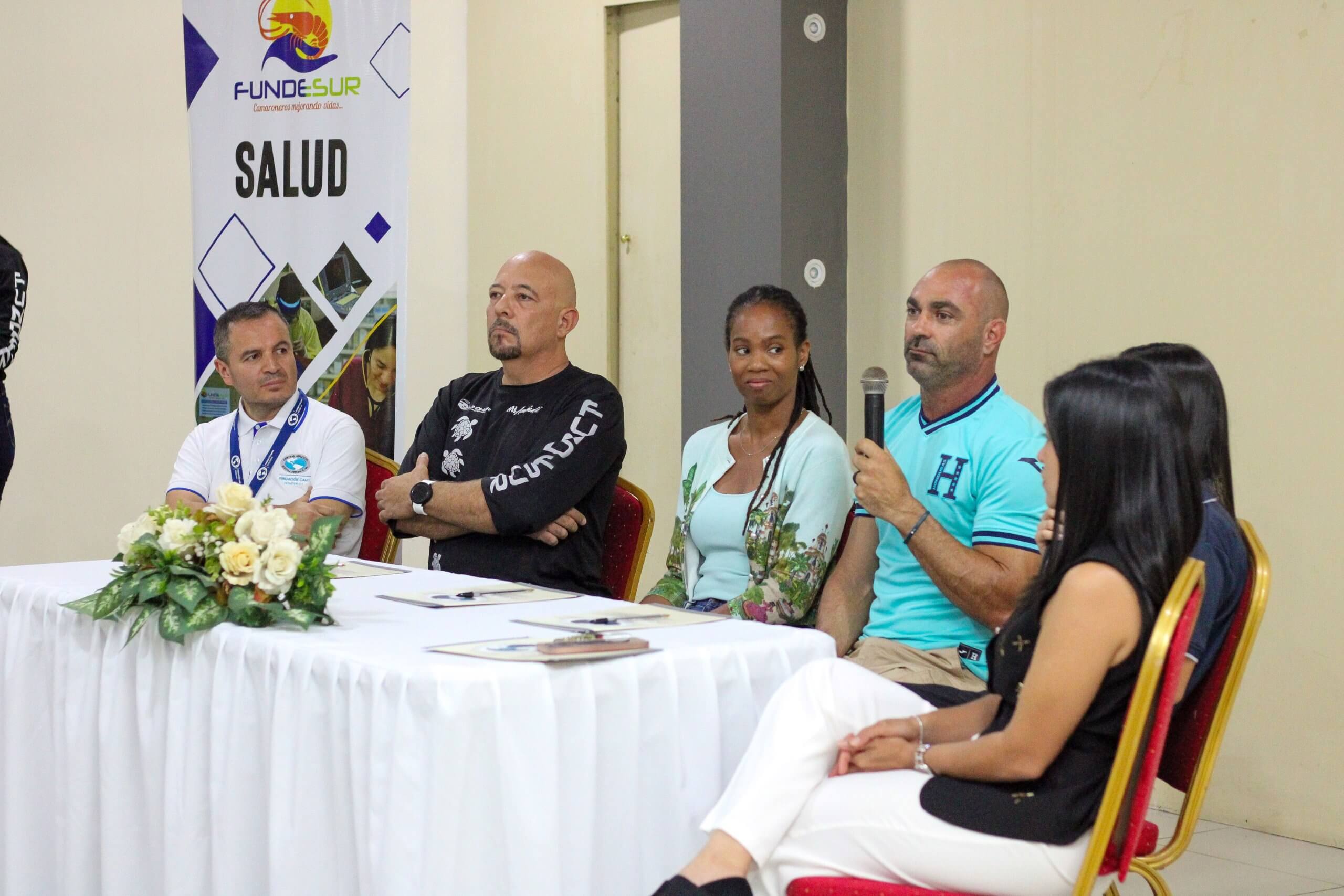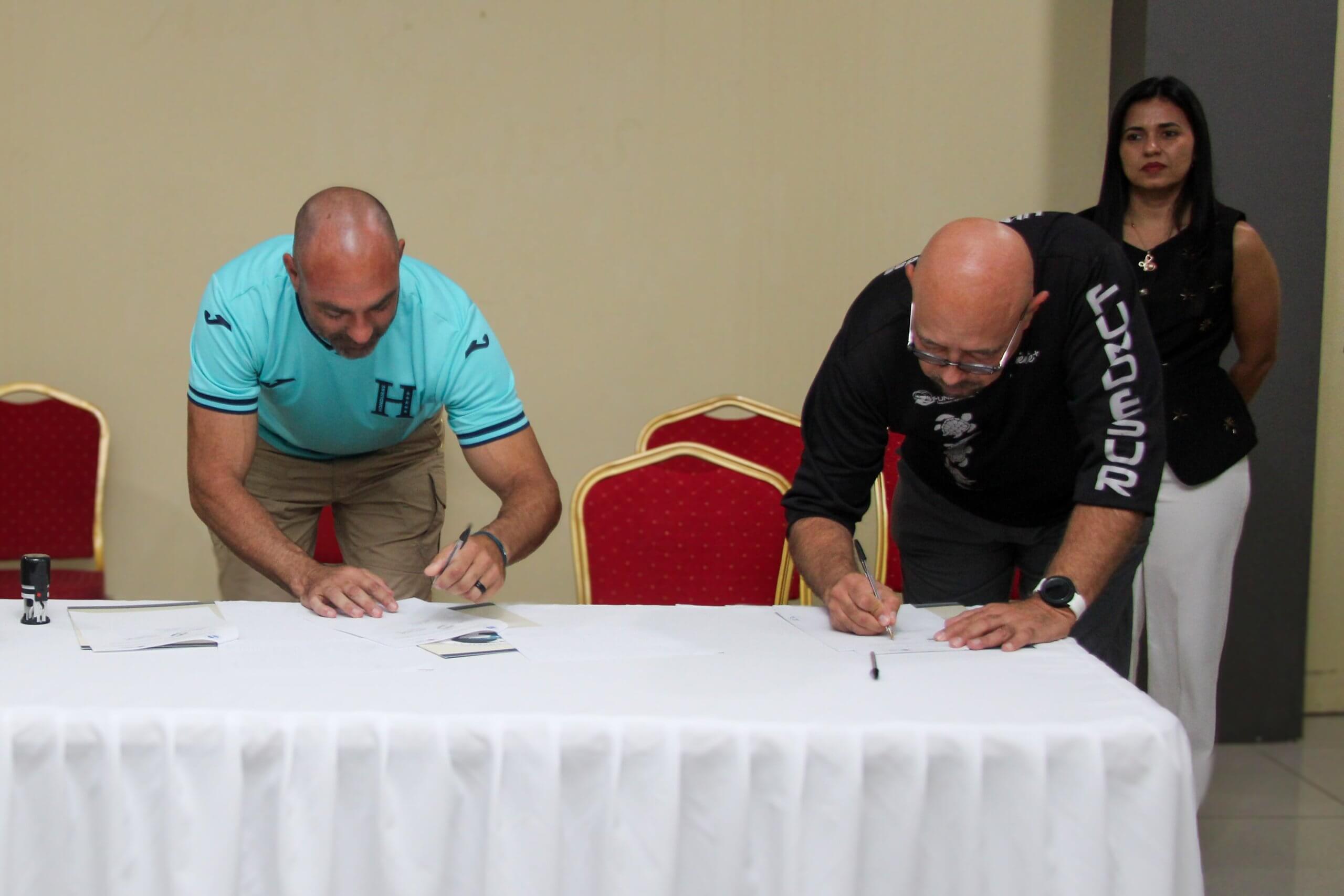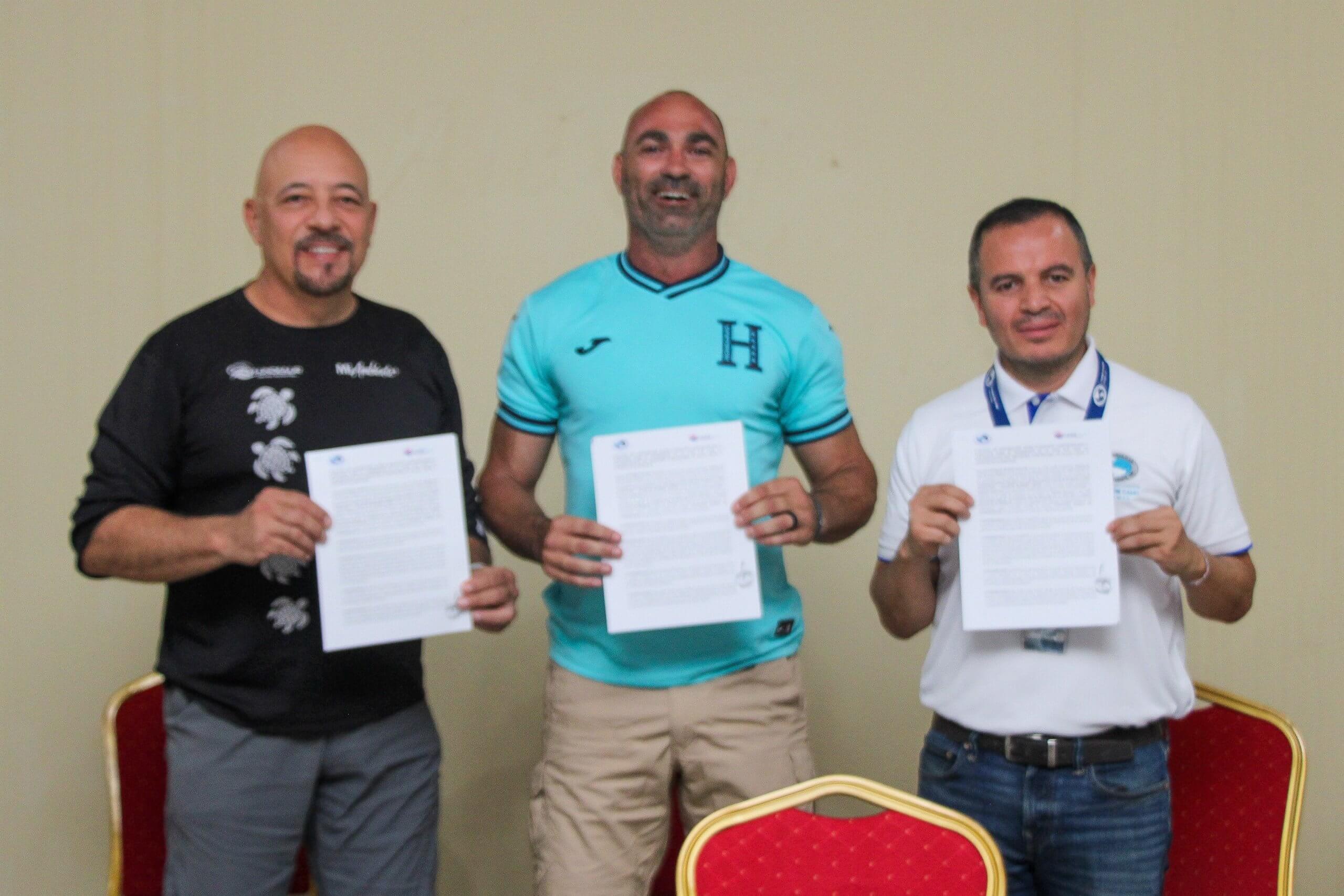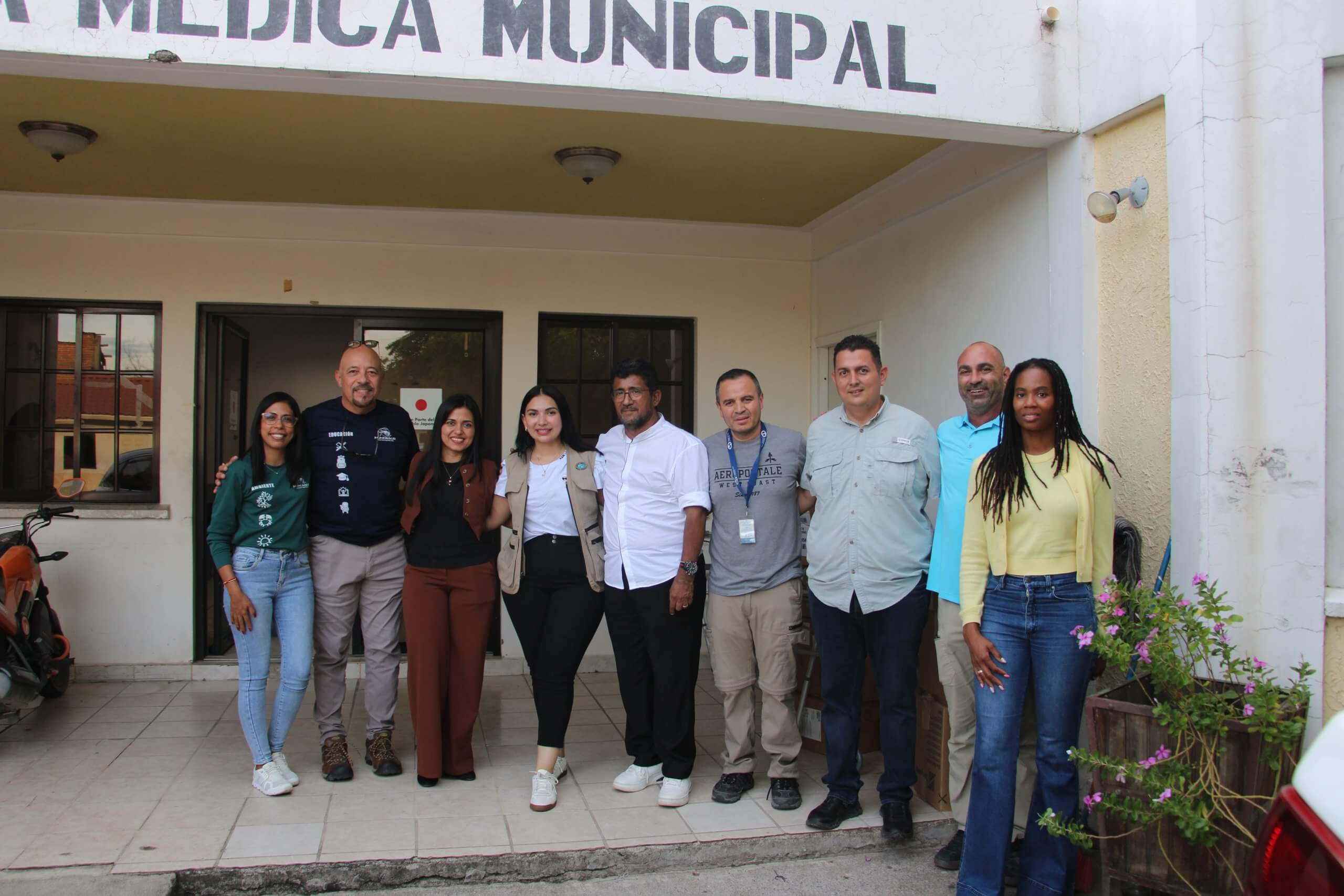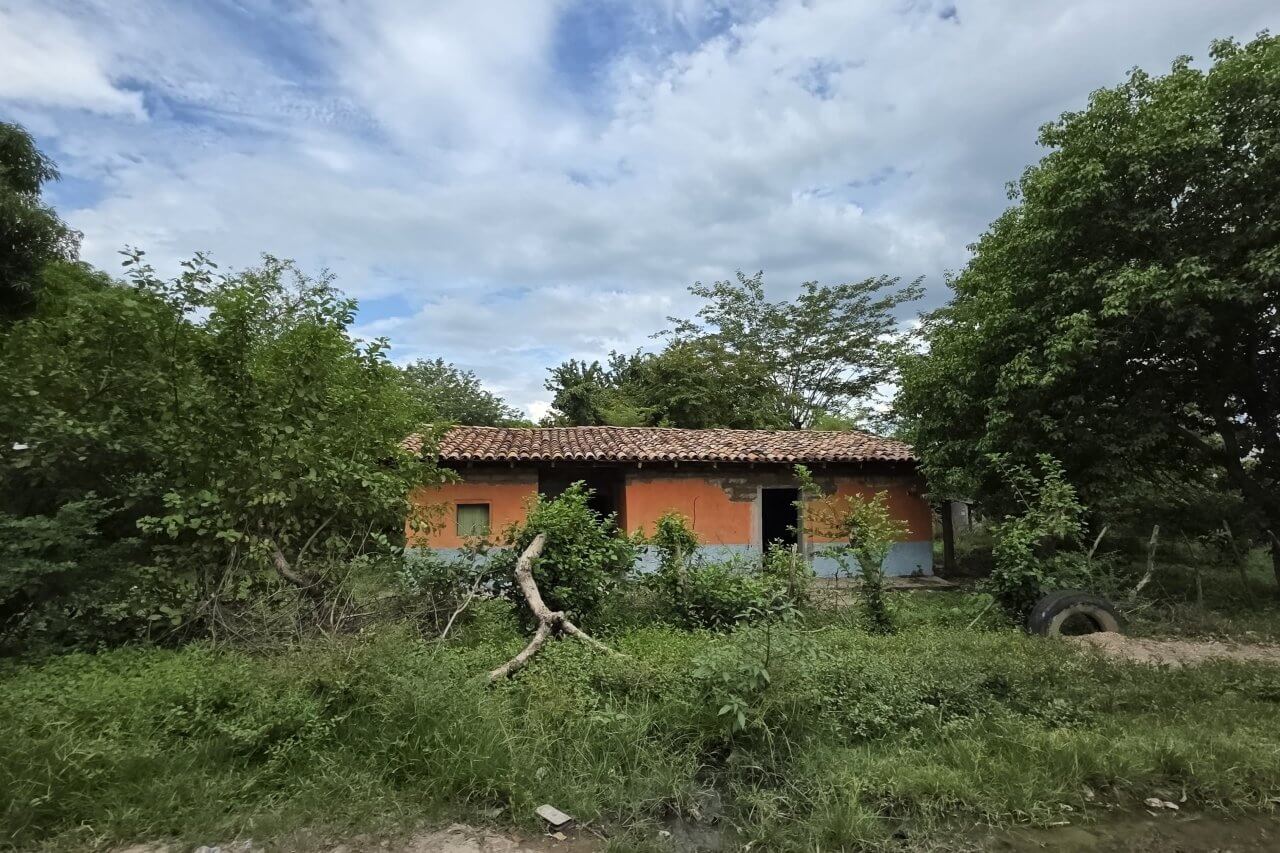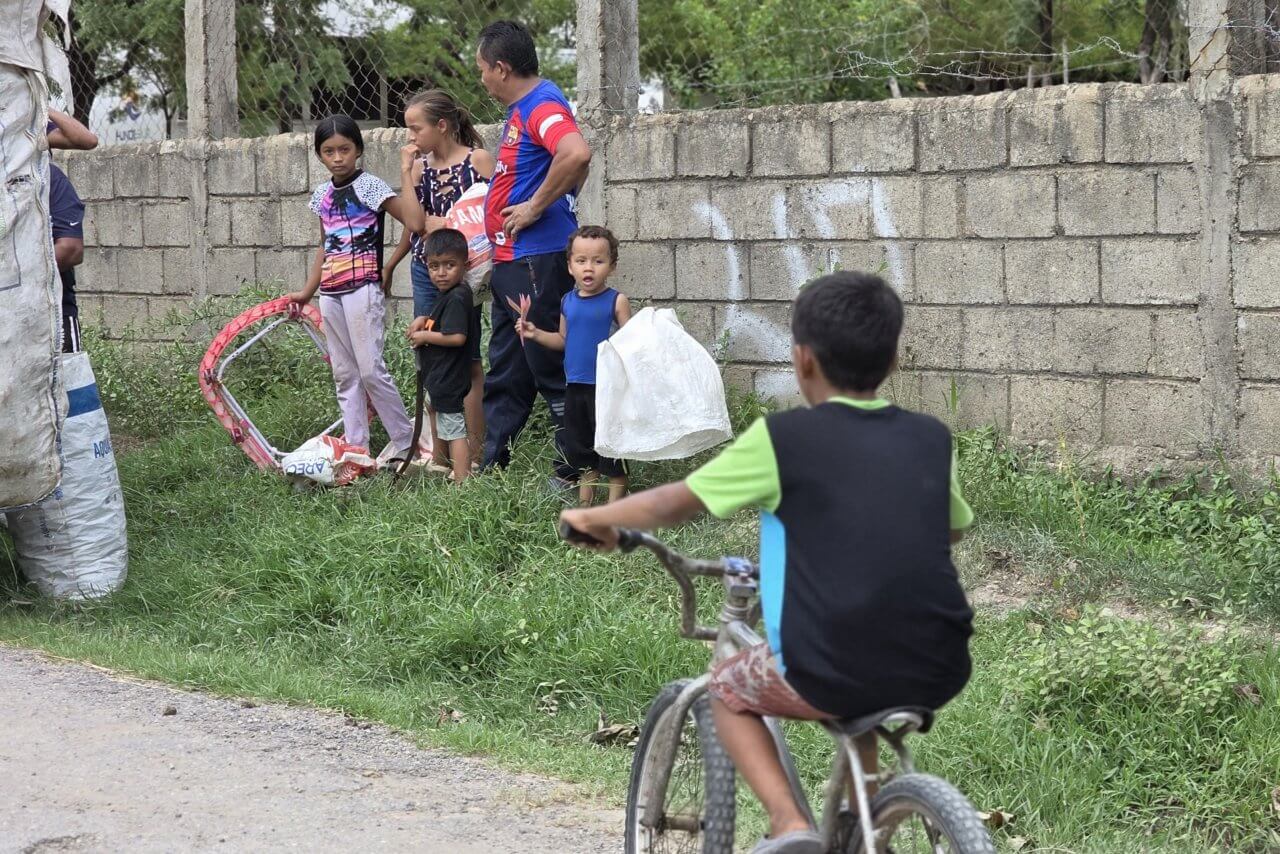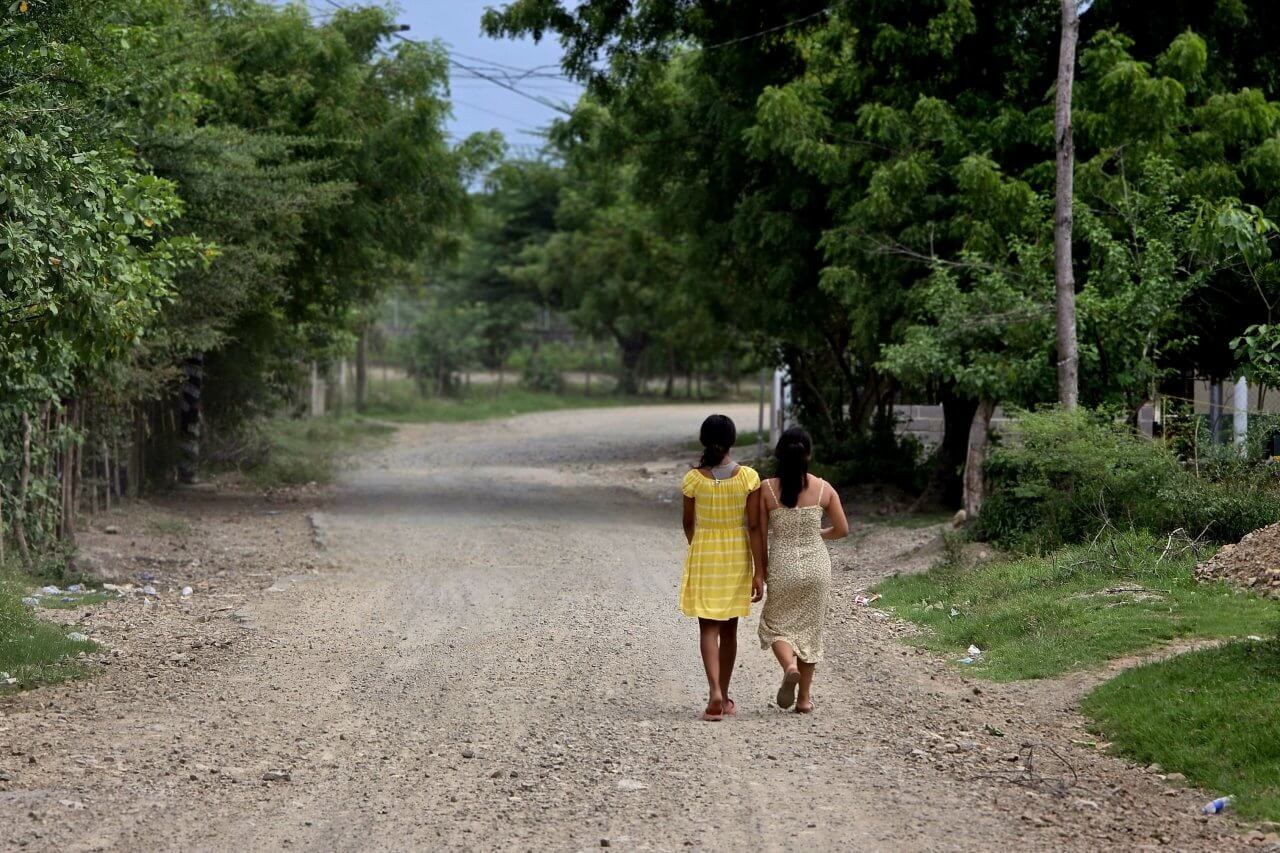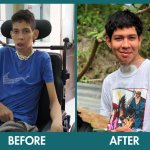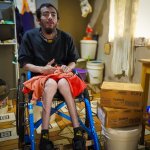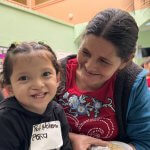CAMO South transforms visual and auditory health in Choluteca
“Though one may be overpowered, two can defend themselves. A cord of three strands is not quickly broken!” (Ecclesiastes 4:12).
This is how CAMO South was born in Choluteca, in southern Honduras—joining forces to bring oral and audiovisual health to thousands and prove that we are stronger together.
This program, recently launched in Choluteca, was created to address the lack of early screening services for visual and auditory health in southern Honduras.
CAMO South will replicate the CAMO model from western Honduras for the benefit of Choluteca’s population in the areas of ophthalmology and audiometry. It will also strengthen collaborations with churches and community leaders to ensure follow-up and support.
The project is made possible thanks to the sponsorship of Terry Chauvin and his wife Kadira, and is implemented by CAMO and the Fundación para el Desarrollo de la Zona sur (FUNDESUR), with support from the Municipality of Choluteca, the Robles Ophthalmology Center, and Social Investment Program (INSSA).
The CAMO South strategy includes training local personnel, deploying a fully equipped mobile unit for brigades in schools and communities, and arranging monthly transfers of patients to Santa Rosa de Copán for ophthalmic surgeries.
The community-based visual and auditory health program will screen over 400 children and adults and deliver up to 30 sight-restoring surgeries each month.
The problem being addressed
It is estimated that over 40% of children in rural areas have undiagnosed problems affecting their development and learning—and only 1 in 10 receives proper evaluation.
The Mayor of Choluteca, Quintín Soriano, stated that the municipality has around 118 basic education centers; however, due to the absence of a visual health program, the number of children with vision issues is unknown. Thus, the screening efforts of CAMO will be essential for the well-being of school-aged children.
With a population of 175,056 residents, Choluteca has only three ophthalmologists, whose services are provided solely in private clinics, making ophthalmologic care virtually inaccessible for low-income individuals.
At the Hospital del Sur, a certified ophthalmologist serves as a general physician due to a lack of equipment, further limiting access to this essential service for those who need it most.

